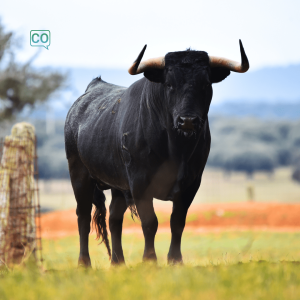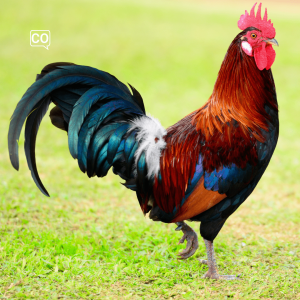Animales de granja
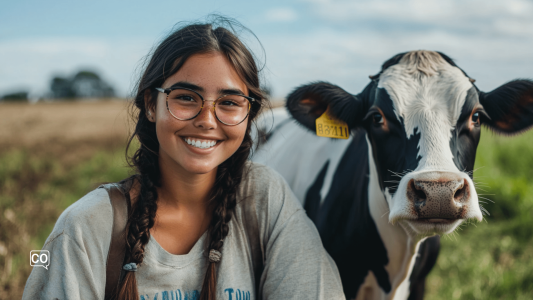
Learning goals:
- Situation: Aprende los nombres de los animales de la granja (Learn the names of the farm animals)
- Verb: Alimentar (to feed) - Presente, indicativo (Present, indicative)
-
Grammar: La diferencia entre
"por qué" y"porque" (The difference between "por qué" and "porque") - Culture: El toro de lidia: una tradición en la cultura española (The fighting bull: a tradition in Spanish culture)
Learning module 2 (A2): Naturaleza y medio ambiente (Nature and environment)
Teaching guidelines +/- 60 minutes
Core vocabulary (13)
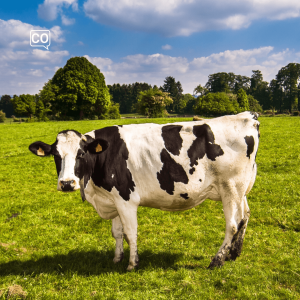
Alimenta a las vacas por la mañana y verás que producen más leche.
(Feed the cows in the morning and you will see that they produce more milk.)
La vaca
(The cow)
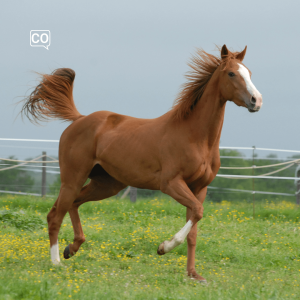
Los caballos corren por la granja porque buscan alimento.
(The horses run across the farm because they are looking for food.)
El caballo
(The horse)
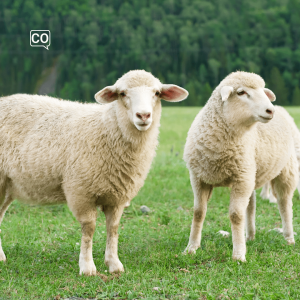
Las ovejas están en el campo porque la granja está cerrada.
(The sheep are in the field because the farm is closed.)
La oveja
(The sheep)
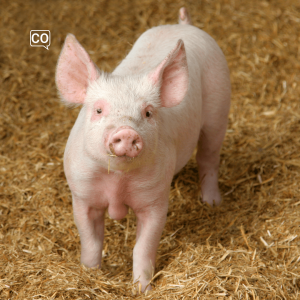
El cerdo está en el campo porque es un animal de granja.
(The pig is in the field because it is a farm animal.)
El cerdo
(The pig)
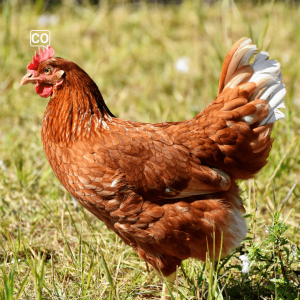
Las gallinas están en el campo porque necesitan espacio para moverse.
(The hens are in the field because they need space to move.)
La gallina
(The hen)
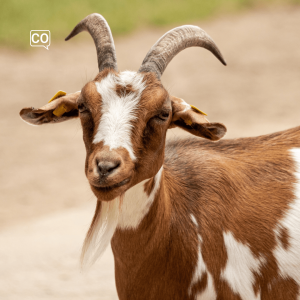
Voy al campo porque quiero ver la cabra en la granja.
(I am going to the countryside because I want to see the goat on the farm.)
La cabra
(The goat)
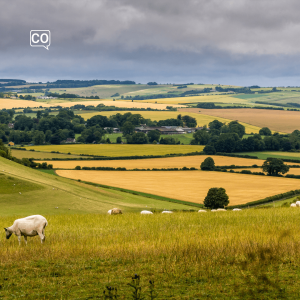
Los toros pasean por los campos porque están tranquilos.
(The bulls stroll through the fields because they are calm.)
El campo
(The countryside)
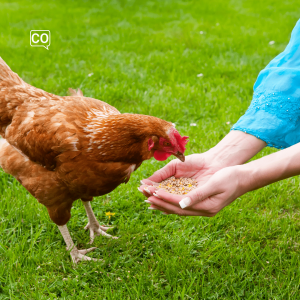
Nosotros alimentamos a las gallos por la tarde.
(We feed the cockerels in the afternoon.)
Alimentar
(To feed)
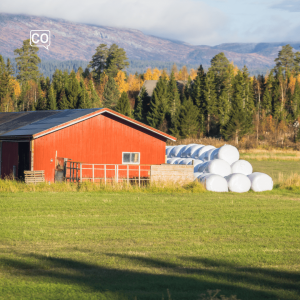
La granja tiene muchos animales como vacas, caballos y ovejas.
(The farm has many animals such as cows, horses, and sheep.)
La granja
(The farm)
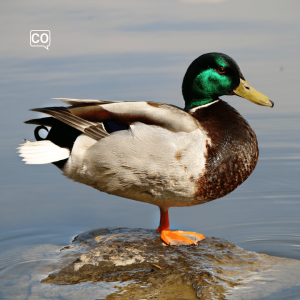
El pato está en la granja porque necesita alimentar a los patitos.
(The duck is on the farm because it needs to feed the ducklings.)
El pato
(The duck)
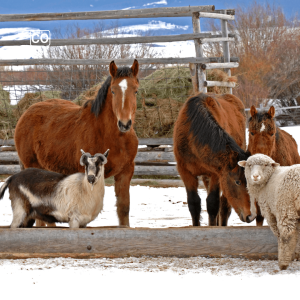
Estoy en la granja porque quiero ver el animal.
(I am at the farm because I want to see the animal.)
El animal
(The animal)
Word list (29)
Core vocabulary
(13):
Verbs: 1,
Nouns: 12,
Context vocabulary:
16
| Spanish | English |
|---|---|
| Alimenta | He feeds |
| Alimentado | Fed |
| Alimentan | They feed |
| Alimentar | To feed |
| Animales | Animals |
| Caballos | Horses |
| Cabras | Goats |
| Cerdos | Pigs |
| Corridas | Bullfights |
| El animal | The animal |
| El caballo | The horse |
| El campo | The countryside |
| El cerdo | The pig |
| El gallo | The rooster |
| El pato | The duck |
| El toro | The bull |
| Encierros | Bull runs |
| Gallinas | Hens |
| La cabra | The goat |
| La gallina | The hen |
| La granja | The farm |
| La oveja | The sheep |
| La vaca | The cow |
| Patos | Ducks |
| Por qué | Why |
| Porque | Because |
| Toreros | Bullfighters |
| Toros | Bulls |
| Vacas | Cows |
